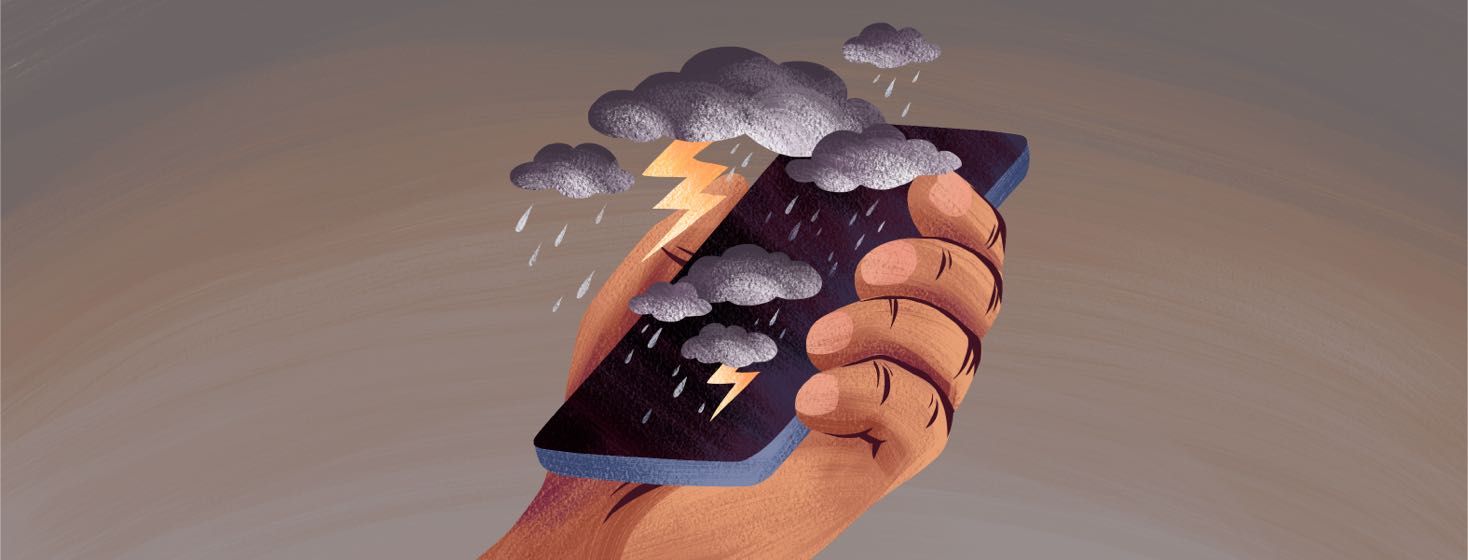A Friend Phones With Bad News
I guess it had to happen sooner or later. An old friend got in touch to tell me he has prostate cancer. A biopsy confirmed he is now part of our unlovely club.
In some ways I’m surprised this hasn’t happened before. I’ve never made a secret of having contracted PC. I’ve blogged about it pretty much from day one, so it’s hardly surprising that a friend would seek me out. For all that, it was horrible news and brought me up short thinking about the day I was diagnosed. But it felt good to comfort someone else and to pass on what knowledge I have on this tricky subject.
It just seems unfair
I met Les through work nearly forty years ago and we’ve been friends ever since. He recently had to undergo a heart bypass, which restored him to rude health after several years of feeling quite frail. It just seems incredibly unfair that on top of that major operation, prostate cancer has now come calling. Not that there’s anything fair about cancer.
Les had been under the ‘watch and wait’ regime and then more recently ‘active surveillance.’ The medics confirmed the cancer has not spread outside his prostate, which is good news. His combined Gleason is 7 and his PSA under 5. I tried to reassure him that his cancer should be eminently treatable.
Learning about treatment options
The treatment options under discussion with his oncologist have been either brachytherapy or cryotherapy. As most people reading this will know, brachytherapy is where radioactive pellets are placed in the prostate gland to kill off the cancer cells. This treatment, unlike the radiotherapy I had to endure, is suppose to cause less damage to adjacent healthy tissue.
Cryotherapy was new to me, so I went online to explore. The Mayo Clinic describes cryotherapy as a procedure "to freeze prostate tissue and cause the cancer cells to die." It’s typically used to treat cancer in its early stages, particularly if it is found in only one part of the prostate. It is suppose to be less invasive than some other treatments, recovery time can be shorter (compared to surgery, for example), and patients can be out of hospital the same day.1,2
With my selfish hat on I was interested to see that cryotherapy can be used if cancer returns following initial treatment. I have been part of the No Evidence of Disease (NED) squad for the past two years, but should my cancer return, I want to know that there are plenty of options open to me should I need them. And a big plea: Don’t put me back on hormone therapy!
No walk in the park
It so happens Les and I are being treated at the same hospital, so I know the care he’s getting is second to none. I tried to be as upbeat with him as I could, because although I’m no doctor, his prospects should be good. Having said that, a cancer diagnosis is no walk in the park. I remember the day I was given the bad news. I was almost certain it was coming, but that didn’t stop me from breaking out into a cold sweat and nearly fainting.
As I write this, Les and I are both about to turn 68, but I’m confident our friendship still has several more years to run given good luck, the grace of God, and astonishing improvements in medical science.
I'd be interested in hearing from anyone reading this how you respond in a similar situation.

Join the conversation